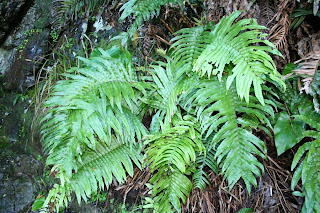Even the gloomiest predictions of the Intergovernmental Panel on Climate Change — which just received the Nobel Peace Prize — underestimate the severity of climate change. Recent studies showed that temperatures are rising and Arctic ice is melting much faster than IPCC forecasts.
IPCC’s climate model was flawed because there would be sudden shifts upward in the global temperature once the concentration of carbon dioxide reached certain levels, instead of temperatures that rise or fall smoothly with increasing or decreasing carbon dioxide, as the IPCC’s model suggests.
Cutting back on fossil fuel use entirely would exacerbate global warming. Aerosol particles in the atmosphere from pollution had produced a global haze that offsets warming by two or three degrees. That meant any sudden downturn in fossil fuel use would intensify heating, and that the earth’s temperature could become stable at those higher levels with disastrous results for life on earth.
“We live in a fool’s climate... We’re damned if we continue to burn fuel, and damned if we stop too suddenly.”
Voilà, pas vraiment d'issue claire à ce problème, ou du moins pas celle envisagée par les politiques, pour lesquelles seule la réduction des émissions de CO2 résoudrait la question...
Aucun commentaire:
Enregistrer un commentaire